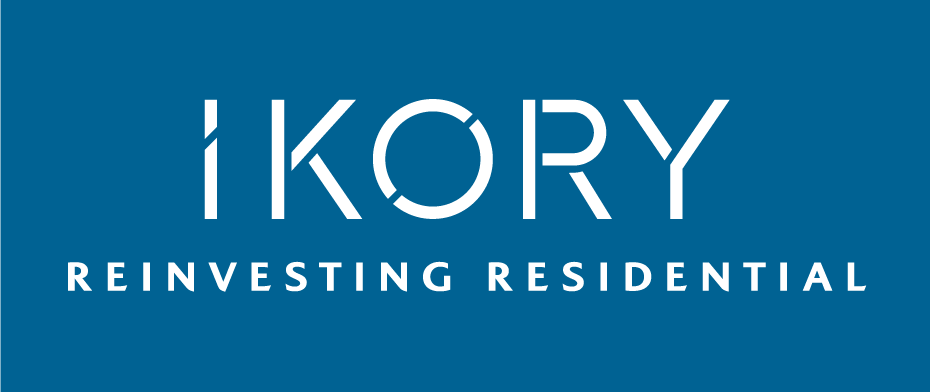Just a few days before the CNR publishes its recommendations to revitalize the housing sector, the think tank Vivere, initiated by Ikory and chaired by Bernard Michel, has taken the initiative to submit ten proposals to the Ministry of the City and Housing. These proposals provide a contribution to addressing the issue of affordable housing shortage in France. They aim to enhance the financial attractiveness of intermediate rental housing in tight zones and to encourage institutional actors and individuals to reinvest in this asset class. Indeed, the rise in interest rates is weakening real estate financing models. The public authorities must address the challenges of transitioning to sovereign and non-carbon energy production methods at the infrastructure and urban policy levels.
The tightening of environmental constraints and the challenge of urban densification, along with emerging underlying trends (urbanization, demographics, new ways of working), complicate the response to the problem. They imply the need for innovative solutions with a medium- and long-term vision for the supply of affordable housing.
Encouraging private landlords’ investment and supporting them in the energy transition
Create a status for private landlords for individual investors in both new and old housing, offering them the same advantages as institutions when renting intermediate housing.
1.Provide private investors with an amortization system based on accounting rules;
2.Exclude from the IFI base the properties held for more than 10 years or at the end of the capped rent period under tax incentive schemes (SCELLIER or PINEL), provided that the properties are rented out at intermediate rent levels;
3.For new acquisitions, eliminate tax reduction schemes and provide individual investors or SCPI (real estate investment trust) holders with a 10% VAT rate if they commit to renting under intermediate housing conditions for at least 15 years;
4.Facilitate the (re)entry of low-energy-performance properties into the rental market after renovation (Energy Performance Certificates: E, F, and G), allowing landlords to benefit from rent increases: Allow rent cap removal (releasing to market value upon lease renewal) for properties that have been reclassified with A, B, or C Energy Performance Certificates following improvement works to meet decarbonization and existing asset renovation objectives; Temporarily exempt these properties from rent control (in applicable municipalities) under the same conditions or allow the application of a rent supplement enabling a fair distribution of energy savings between the tenant and the property owner.
Mobilizing public and private institutional investors
Promote bulk purchases in both new and old housing, as well as the conversion of office assets into intermediate housing, by supporting transformation and energy renovation.
5.Extend the institutional LLI (Intermediate Rental Housing) scheme to old real estate subject to energy renovation conditions or provide a specific tax credit;
6.Ease condominium rights and operations to encourage institutional investment;
7.Revise the decree on charges for a fairer distribution of building maintenance costs;
8.Allow rent increases (at least temporarily) following energy-related works that result in tenant charge reduction;
9.Facilitate unit sales after a 10-year period to improve residential investment profitability compared to other asset classes, if the building has previously been brought up to energy standards;
10.Encourage the conversion of obsolete offices or commercial real estate into housing, service residences, or low-carbon co-living for intermediate categories.To achieve this, allow change of use without administrative authorization as long as the transformation addresses the dual challenge of reducing energy consumption and countering land development (especially in tight zones or those slated for densification under ZAN). In general, promote the transformation of these assets (conversion procedures, adjustment of capital gains tax, adaptable environmental regulations, automatic construction feasibility bonus, exceptions to size regulations, transfer of commerciality, declaration instead of planning permission, assimilation to a VAT reduced scheme, accounting amortization rules, etc.).
Initiated by Ikory, a specialist in residential properties, the housing think tank Vivere brings together professionals from the sector (institutional investors, senior civil servants, university professors, architects, entrepreneurs, etc.) concerned with residential challenges and new regulations. It is chaired by Bernard Michel, who oversees its activities.”
Press Release to download here: [230504-IKORY-propositions-Groupe-de-Reflexion-Logement-Vivere_EN]

